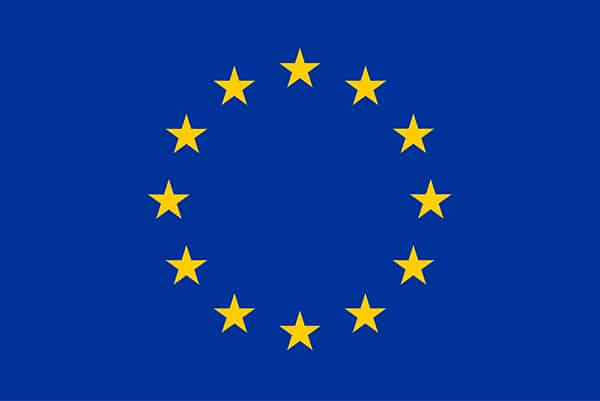The Committee on International Trade backed the free trade and investment protection agreements between the EU and Vietnam on Tuesday – January 20, 2020. The committee gave its consent to the free trade agreement by 29 votes, six votes against and five abstentions and recommends that EP Plenary should do the same. The agreement will…
Subscribe or log in to continue reading
PortSEurope offers an English-language daily coverage from over 200 ports in the Mediterranean, Black and Caspian Seas as well as a fully indexed and easily searchable database with more than 15,000 articles.

